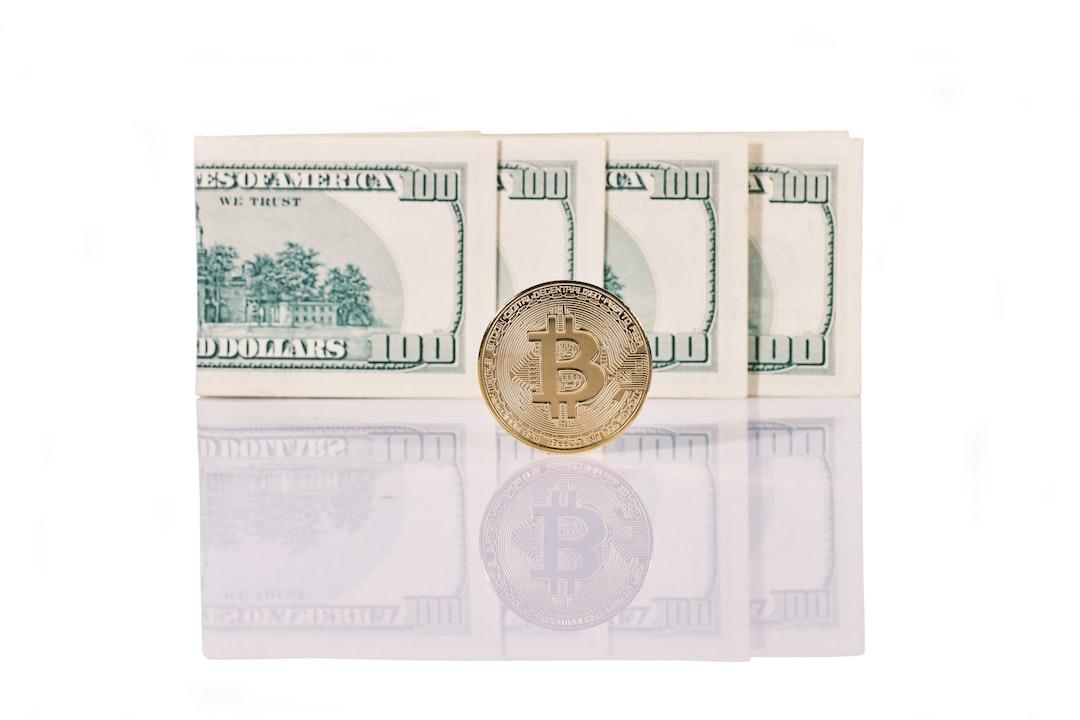Trump Pressures Apple to Bring iPhone Manufacturing Back to the U.S.
U.S. President Donald Trump has once again applied pressure on tech giant Apple Inc., demanding that the iPhone return to being manufactured in the United States, or face significant tariffs. This move not only impacts Apple’s stock price but also affects cryptocurrencies.
(Background recap: Seven details from the Trump Meme Coin dinner: Major holder Justin Sun spoke, some attendees had a ticket cost of only $1,200, and what gourmet food was served…)
(Background information: Jensen Huang rejects blockchain? Nvidia Inception’s official website clearly states the exclusion of “crypto startups” from applications)
Trump’s Threat to Apple
Today (23rd), President Trump again exerted pressure on Apple Inc., explicitly demanding the return of the iPhone’s core product manufacturing to American soil, or else face severe tariff penalties. This hardline stance directly challenges Apple’s long-standing global supply chain strategy and has sent ripples through the financial market, resulting in a drop in Apple’s stock price following the announcement.
According to reports, Trump released a statement via his social platform Truth Social, conveying this message directly to Apple. He stated:
If Apple fails to move the iPhone production line back to the U.S., its products will face “at least a 25% tariff.”
Trump further mentioned that he recently met with Apple CEO Tim Cook, expressing his disinterest in Apple’s manufacturing facilities in India and other foreign locations. He emphasized that he had “told Cook a long time ago” that he expects iPhones sold in the U.S. to be designed, manufactured, and produced domestically, rather than relying on India or other countries. This series of statements clearly reflects the Trump administration’s ongoing push for “America First” and the core policy of bringing manufacturing back to the homeland. In fact, this is not the first time Trump has criticized Apple’s overseas production; his previous comments have repeatedly pressured Apple’s supply chain strategy.
Apple’s Global Supply Chain
Currently, Apple’s iPhone manufacturing is highly concentrated in mainland China. However, in response to geopolitical risks and to enhance supply chain resilience, Apple has actively promoted a diversification strategy for its manufacturing bases in recent years, focusing on Asian countries such as India and Vietnam. For instance, Apple’s major subcontractor, Foxconn, has been continuously expanding its investments and supply chain layout in India, including a $1.5 billion investment in building an advanced display module factory near Chennai, specifically for supplying Apple.
Nevertheless, completely relocating the iPhone’s production line back to the United States poses a significant challenge for Apple. Firstly, production costs would rise substantially; analysts estimate that this move could lead to retail prices for the iPhone soaring to around $3,500. Secondly, dismantling and reconstructing such a complex and highly integrated global supply chain is undoubtedly a daunting task that is unlikely to be achieved in the short term.
Further Reading: Is It Impossible to Manufacture iPhones in the U.S.? Financial Times: The “Harsh Reality” of the Asian Supply Chain is Awakening Trump’s American Dream
Impact on Apple and Bitcoin
As soon as Trump’s tariff threat comments were made, they immediately triggered negative effects in the capital market, putting pressure on Apple’s stock price. According to Bloomberg terminal data, during the pre-market trading session on May 23, 2025, Apple stock futures fell by as much as 4%. After the U.S. stock market officially opened, Apple’s stock price subsequently dropped by about 2.5%, reaching approximately $196.
In the case of Bitcoin, Trump’s punitive statements against Apple and the EU’s tariff comments briefly impacted Bitcoin prices, which fell below the $110,000 mark today, hitting a low of $107,235, a drop of up to 5%, settling at $109,900 at the time of reporting.
The uncertainty surrounding Trump’s tariffs means that even a global top-tier company like Apple cannot completely escape the potential influence of political factors and trade policies on its operational strategies and market value. In the future, finding a balance between global layout and localization demands will be a significant challenge faced by Apple and many multinational companies. The outcome of this game will not only affect the development of individual enterprises but also have far-reaching implications for the future landscape of the global technology industry chain.





